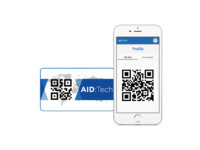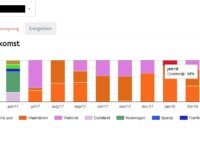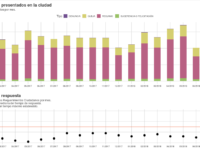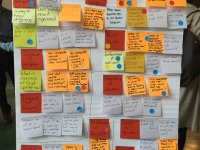Case Study
Speak up via WhatsApp: A Qualitative WhatsApp Survey of Syrian Refugees and Lebanese Host…

The United Nations Development Programme Lebanon used WhatsApp to conduct qualitiative surveys to listen to Syrian refugees in Lebanon dealing with conflicts with the local Lebanese community. Using Whatsapp is an effective tool for collecting qualitative data from vulnerable communities at scale. WhatsApp is widely used, with 84% of refugee households in Lebanon on WhatsApp. WhatsApp's voice message function allowed us to send survey questions as voice messages and collect people’s stories…






